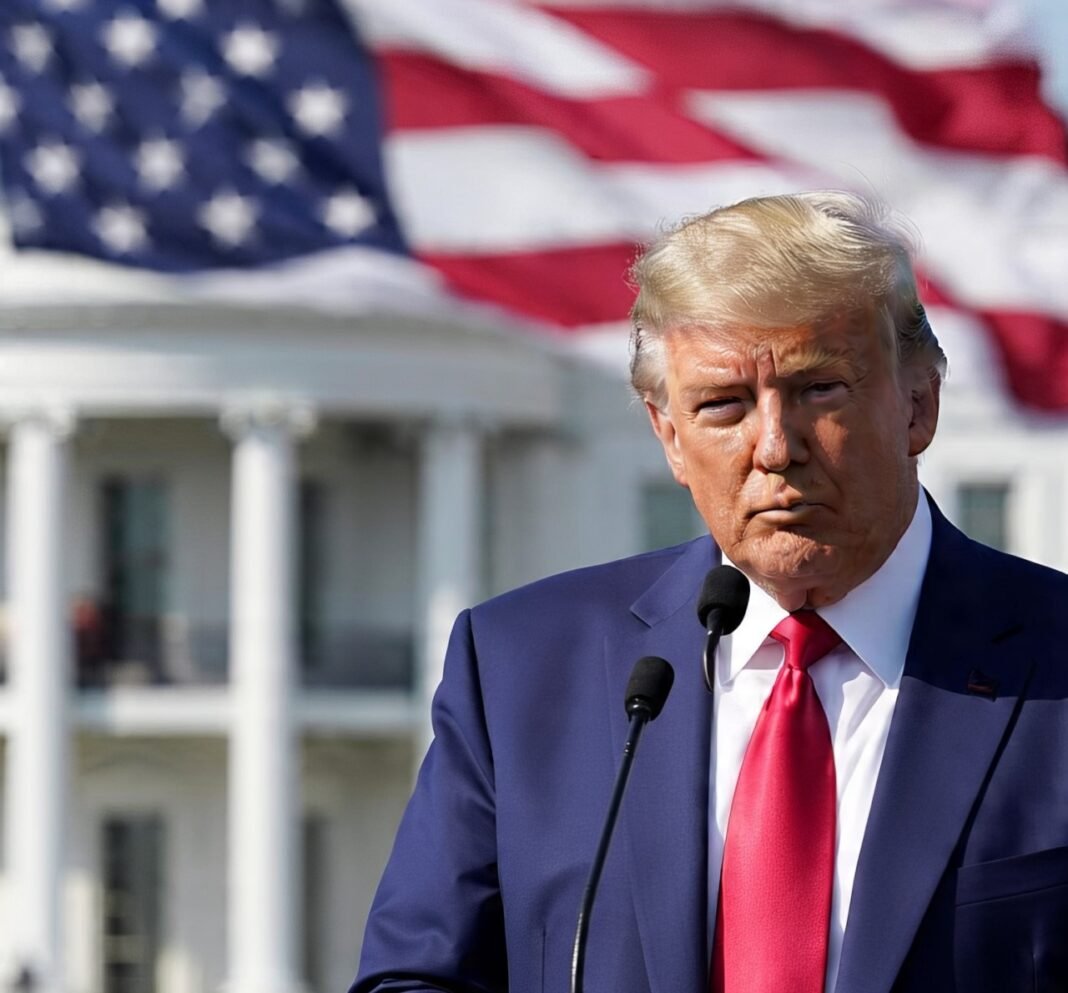H-1B Lottery Faces Major Overhaul
The Trump administration has unveiled sweeping changes to the H-1B visa program, signaling a sharp shift in how skilled foreign workers are selected for employment in the United States. Just days after announcing a dramatic fee hike of $100,000 per application, the Department of Homeland Security (DHS) has proposed abandoning the traditional lottery system in favor of a wage-based selection model.
Under the new plan, the number of entries granted in the selection pool would depend on the applicant’s wage level. Workers earning in the highest of the four wage tiers—those making over $162,528 annually—would receive four entries, significantly improving their chances of being chosen. Conversely, workers at the lowest tier would be granted only one entry, drastically lowering the odds for early-career professionals.
Proposal Designed to Favor Higher-Paid Workers
According to DHS, the proposal seeks to “ensure H-1B visas for higher-skilled and higher-paid aliens, while maintaining the opportunity for employers to secure H-1B workers at all wage levels.” Officials argue that the wage-based model would curb abuse by companies that exploit the system to drive down wages and displace American workers.
White House spokeswoman Taylor Rogers defended the move, calling it a “common-sense action” that supports President Trump’s promise to put American workers first. “This will discourage companies from spamming the system and provide certainty to businesses who genuinely want to hire high-skilled workers,” Rogers said.
Implications for Global Talent Flow
Immigration experts caution that the proposal could reshape the global flow of talent into the U.S. Nicole Gunara, Principal Immigration Attorney at Manifest Law, explained that companies offering higher salaries would now have a significant edge in the visa process. “An engineer offered $150,000 at a tech giant might get multiple entries in the lottery, while a junior developer at a startup earning $70,000 would only get one,” she noted.
Gunara emphasized that this change tilts the system in favor of established corporations capable of paying top-market salaries, leaving smaller startups and early-stage companies at a disadvantage. “It pushes the balance toward senior, higher-paid roles and could redefine how the U.S. competes globally for talent,” she added.
Concerns for Indian IT Companies
The proposed changes and new fee structure could hit Indian IT firms particularly hard. Data from the U.S. Citizenship and Immigration Services shows that Indians account for nearly 71 percent of approved H-1B applications. Major Indian technology companies such as Tata Consultancy Services (TCS), Infosys, and Wipro rely heavily on the program to place skilled workers in U.S. client projects.
Industry experts estimate that the $100,000 application fee could cost these firms billions annually, potentially forcing them to scale back U.S. hiring or shift jobs back to India. This could disrupt project delivery timelines, reduce competitiveness, and increase the reliance on remote work models.
Political and Diplomatic Backdrop
The timing of the announcement coincides with high-level diplomatic visits to the United States. India’s External Affairs Minister S. Jaishankar and Commerce and Industry Minister Piyush Goyal are set to meet Trump administration officials in New York to discuss trade, economic cooperation, and the future of skilled migration.
Analysts believe that the new visa framework could become a contentious issue during the discussions, given the deep dependence of Indian firms and professionals on the H-1B program. Observers warn that the proposal may not only affect U.S.–India economic ties but also send ripples across the global technology sector.
Shifting U.S. Workforce Priorities
President Trump framed the proposal as part of a broader effort to prioritize American workers and curb what the White House described as abuse of the H-1B system. Will Scharf, White House staff secretary, labeled the program “one of the most abused visa systems in the country.”
While the administration maintains that the changes are designed to ensure fairness and prevent wage suppression, critics argue that they could stifle innovation and limit opportunities for young international professionals who traditionally form the backbone of America’s tech workforce.
As the debate intensifies, businesses, policymakers, and international partners will be watching closely to see whether the wage-based H-1B lottery overhaul moves forward and how it reshapes the U.S. labor market in the years ahead.








